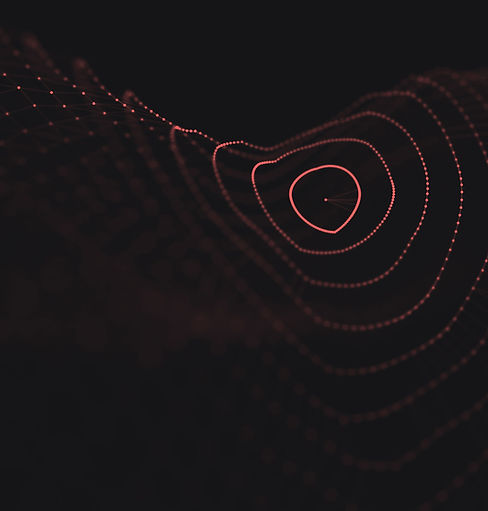
Our Research
Focus & Area
Chronomedicine is best defined as the application of chronobiology in order to understand the pattern of disease, which can be related to disturbances of circadian rhythm. Chronobiology is derived from three different words ‘chromos’ means‘time’; ‘bio’ means‘life’; and ‘logos’ mean‘science’. Thus it can be inferred that chronobiology is the science to discover the variability in the functioning of the human body.
Chronotherpeutics
Chronotherapy is a relatively new method of treatment that is based on the premise that administering medications at different times of the circadian cycle will minimize side effects and maximize therapeutic effects
Time Restricted Meal
Time-restricted eating is a form of daily fasting wherein the time of the day during which a person eats is limited, or compressed.
Chrononutrition
'chrono-nutrition' refers to food administration in coordination with the body's daily rhythms, and reflects the notion that, in addition to the quality and quantity of food, meal timing is also critical for the well-being of an organism
Clock Gene
Clock is a gene encoding a basic helix-loop-helix-PAS transcription factor that is believed to affect both the persistence and period of circadian rhythms.
Workshops
ABPM WORKSHOP
Notifications
Application are Invited for Late Om Kumari Gupta Research Grant
Online Courses
Basic School of Chronomedicine
Webniers
Basics Of Chrono

Origin Of Chronomedicine
As you are aware the incidence of various circadian disorders are growing fast in all the populations world over and India is also facing this problem because of changing work culture and living pattern. Most of These disorders are preventable and well manageable. We all are aware of the importance of time. We know that the earth revolves on its axis and it also makes a circle of sun, which has the basis for day and night. Even our body has its own circadian clock and various cells have their own clocks . The whole circadian Rhythm is very complex and we are still searching the answers for many questions unanswered. Recently this Rhythm has been studied in relation to metabolic diseases and newer horizons are opening up in management of various chronic diseases. Human activities in modern world do not stop 24 hours. Insomnia is shown to induce glucose intolerance and dyslipedemia, chronic circadian rhythm disturbances and “eveningness” in life style which may lead to metabolic syndrome. It is important for all ages to have active daytime and restful night time in order to keep healthy life. .As a fulfillment of these objectives ISC will cover wide range of topics on Circadian Rhythm to facilitate better understanding of the disease process.

We Take Pride in Our Numbers
15
Years of Experience
1K
Members
2M
Data
12
12 research Projects
65
Publications




